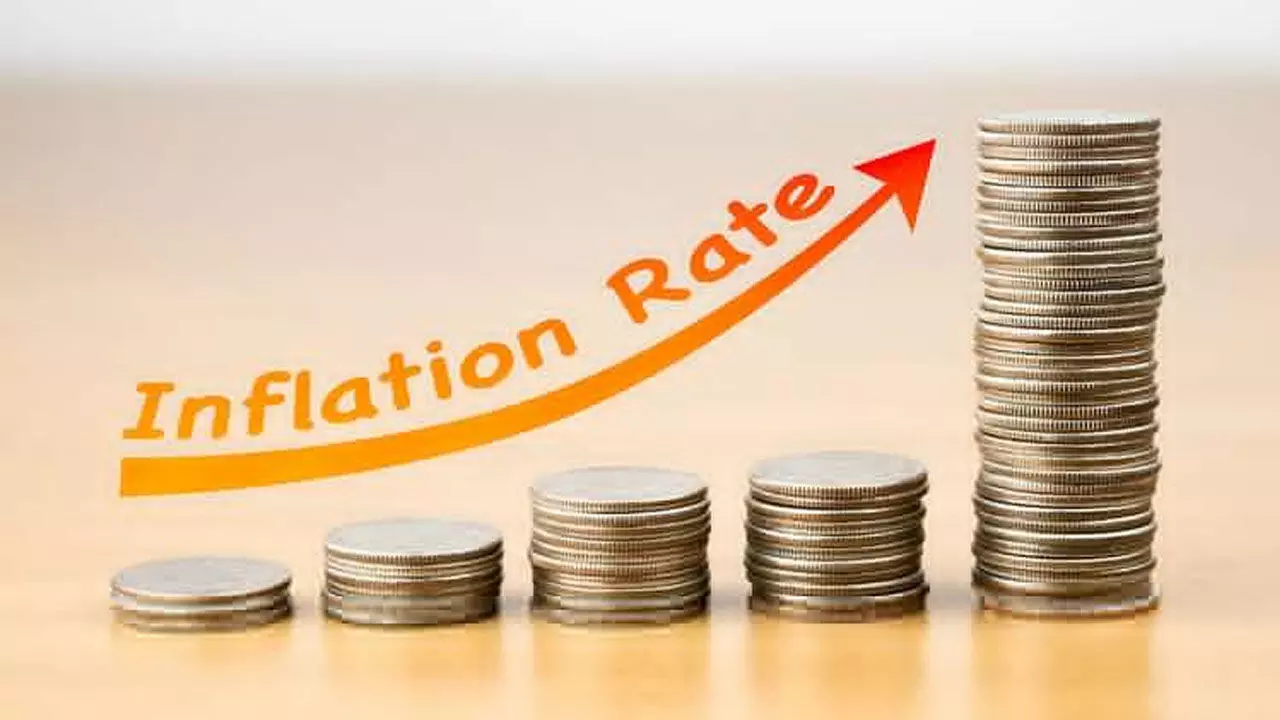- Home
- /
- Business/Economy
- /
- Economists propose...

Economists have called on the Federal Government to implement complementary fiscal measures to boost food supply and address the rising inflation in the country.
They made the suggestions in separate interviews with the News Agency of Nigeria (NAN) in Lagos while reacting to the April inflation figure released by the National Bureau of Statistics (NBS).
They told NAN that the monetary policy tightening stance of the Central Bank of Nigeria (CBN) alone would not address the challenge.
A Professor of Finance and Capital market at Nasarawa State University, Keffi, Uche Uwaleke, said that the continuous rate hike embarked upon by the apex bank since May 2022 had not kept inflation rate under check.
Uwaleke said the continuous rate hike by the CBN had not yielded the desired results because of the domestic structural factors in the country.
“It’s worth mentioning that the NBS, in its April Consumer Price index report, provided a clue as to the major items driving the inflationary pressure in Nigeria to include food, electricity, housing and transport.
“In the light of this revelation, what becomes clear is that the monetary policy tightening stance of the CBN alone may not address the challenge,” he said.
Uwaleke urged government to implement complementary fiscal measures aimed at boosting food supply as well as reducing cost of production occasioned by high cost of energy and transport.
He noted that inflationary pressure had continued to be driven by the food index at over 24 per cent, reflecting legacy factors such as transport challenges.
This, he said, partly explained why food inflation was reportedly highest in Kogi at over 29 per cent and lowest in Sokoto at about 19 per cent, a difference of about 10 per cent.
Uwaleke also stressed the need for government to tackle the intractable security challenge facing the country and invest more in mechanised agriculture to increase food output and bring down food inflation.
Prof. Ndubisi Nwokoma, Director, Centre for Economic Policy Analysis and Research (CEPAR), University of Lagos, also spoke in the same vein.
“Inflation figures going up despite the efforts of the CBN is clearly indicative of the fact that Nigeria’s inflation is currently driven by cost-push factors primarily.
“The monetary causative factors may not be that significant.
“There has been supply chain disruptions with cost of goods rising with some expectations of more increases in the near future, particularly with the dire fiscal sustainability challenges of the government.
“One other cost-push factor is the high exchange rate which spirals the increase in prices.
“The other is the lingering effect of the naira redesign and cash withdrawal limit policies of CBN which exacerbated the increase in prices, particularly for food items,” Nwokoma said.
He, however, expressed optimism that prices wòuld moderate to some extent in the coming months with cash availability.
Nwokoma also urged the apex bank to continue with the cash squeeze by maintaining the Monetary Policy Rate at it’s current level of 17.5 per cent.
He added that the CBN should stabilise the exchange rate and address the supply chain disruptions such as insecurity, energy supply deficits, and others.
Sheriffdeen Tella, Professor of Economics at the Olabisi Onabanjo University, Ago-Iwoye, Ogun, said, “the CBN has always been wrong to assume that inflation was caused by too much money in the economy.
“The inflation has always been caused by high cost of production including high interest rates and energy costs, badly depreciated naira and serious cum continuous fall in output generally and imported inflation from other countries where we import.
“So, these are the things we should address,” Tella said.
NAN reports that Nigeria’s headline inflation rate increased to 22.22 per cent on a year-on-year basis in April 2023 .



